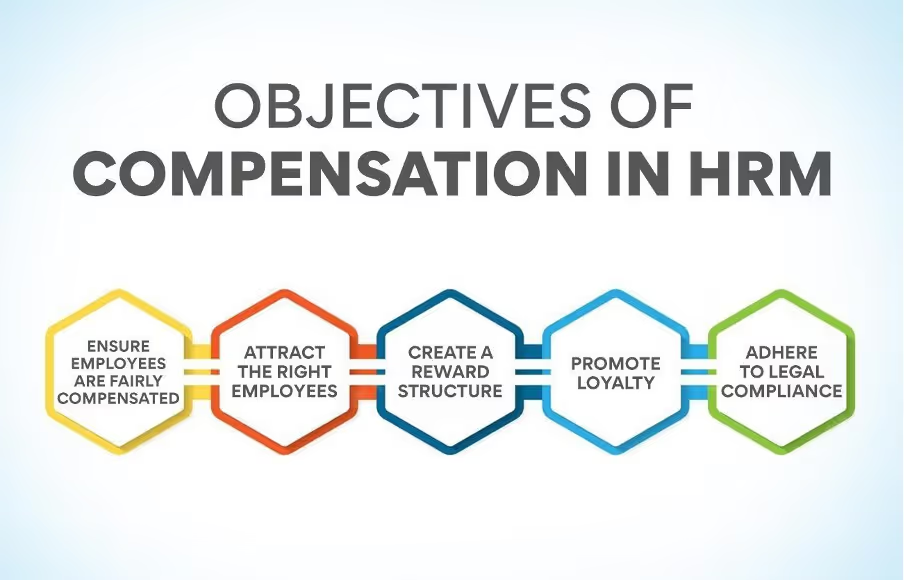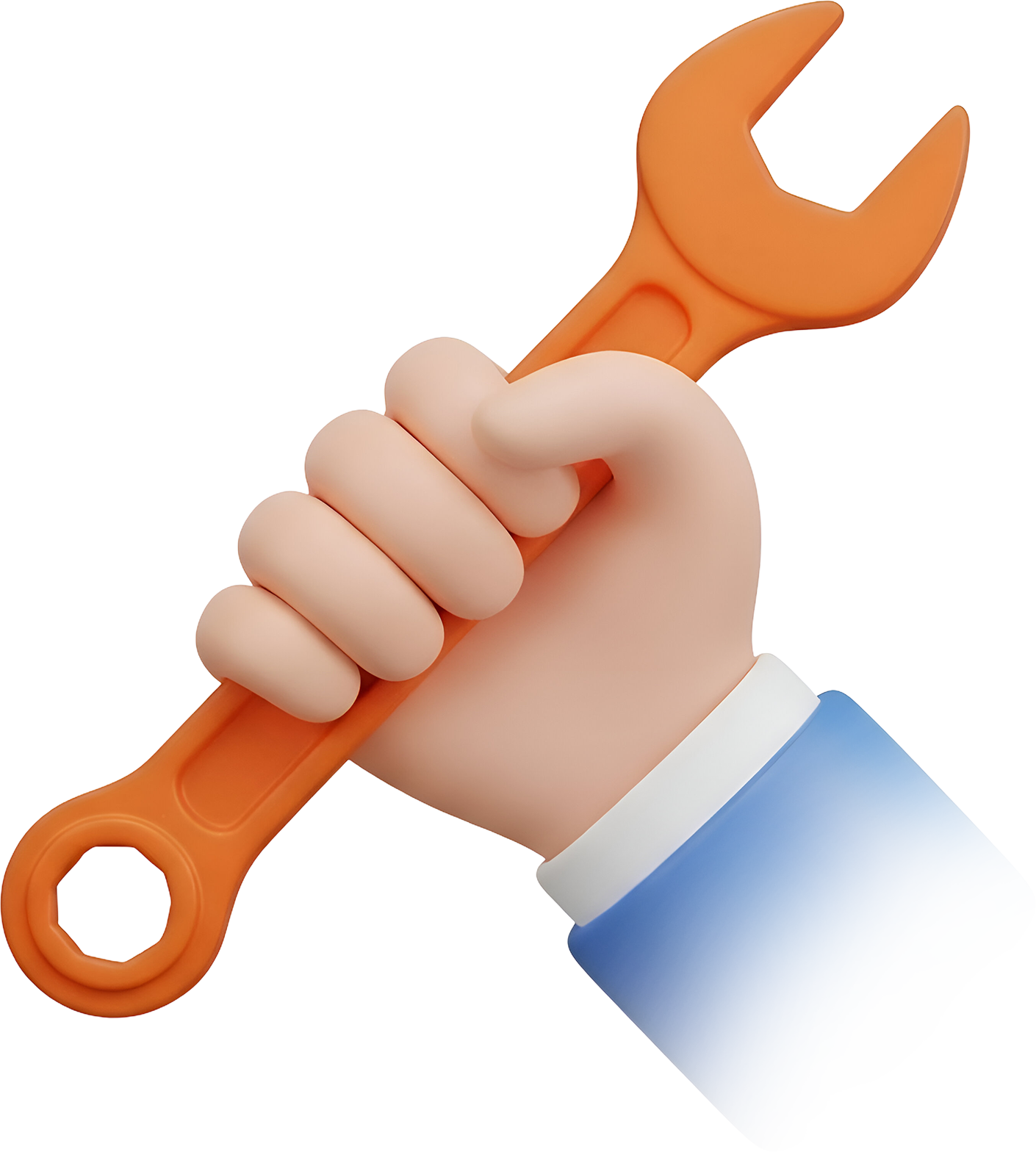Compensation software designed for pay administration streamlines budget planning and employee data to produce the best possible employee compensation package. Software for compensation management aids in implementing and evaluating the organization's compensation strategy so that it can be a competitive benefit to the organisation. This guide will discuss each aspect related to the best compensation software.
Compensation software is a type of software that helps organisations manage and automate their employee compensation processes. This can include tasks such as calculating pay, creating and tracking employee compensation packages, and managing performance-based bonuses. Some common features of compensation software include the ability to:
● Set and track salary and wage rates
● Calculate pay based on hours worked or job title
● Create and manage employee benefit packages
● Track and calculate performance-based bonuses
● Generate reports on compensation data
● Integrate with other HR systems, such as time and attendance tracking software.
What is Total Compensation Management software?
Compensation management software is a required element of the human capital management department. Its main objective is to provide executives, recruiting managers, recruiters, and human resources personnel within formation on the employee salary budgets that are accessible, as well as the industry compensation rates for comparable roles.
.avif)
Human resource (H.R.) specialists are often in charge of managing compensation, making sure that benefits are adjusted to reflect changes in employee demands and that pay and bonuses stay competitive.
What Should be the Features of Best Compensation Management Software?
● A drag-and-drop dashboard that can be customised to assist executives in identifying patterns and expenses in compensation.
● Customised, automatic reporting
● Tools for visualising data to produce charts and graphs that look fantastic in Microsoft Power Point presentations
● Analytical tools that make it simple for H.R. managers to analyse data
● Being able to conduct pay comparisons by industry and location
● Support for add-on tools from outside sources.
What are the Essential Elements of Total Compensation Management Software?

1. Compensation Planning
Setting up, modifying, and managing compensation packages is made possible by compensation planning and administration. It also automates the payment process and facilitates collaboration.
2. Administration
To give a thorough overview of the entire payment plan, benefits administration compiles and presents all elements of the compensation package.
3. Time Tracking
Automated time keeping features guarantee that workers are paid on schedule and for the correct number of hours worked.
4. Employee Self-service
Employee self-service choices make access to financial records and information possible, displaying financial transparency.
Why is Compensation Management Important?
There are many factors that have made compensation management imperative in today's modern organizations. Let's see what those factors are:
1. Salary
Typically, a company's main expense is its salary. Executives require compensation data to create, track and manage their compensation strategies.
2. Employers
Employers must now publish employee salaries with information on gender, race, ethnicity, and occupational role due to new pay equity laws. These data are used by U.S. states that have enacted these laws to find wage patterns that might indicate discrimination. In late 2020, the U.S. Securities and Exchange Commission started mandating that companies report human capital data, including pay equity.
3. Remote Work
Some businesses are changing their compensation policies in response to remote work. If workers relocate from a high-paid region, their pay may be lowered to the prevailing rate. In the era of flexible and blended working, maintaining competitive pay is becoming increasingly difficult.
Why Should Human Resources (H.R.) Professionals Consider Compensation Management Software?

H.R. professionals should consider compensation management software because it is evident that properly designed compensation management software may aid the business in keeping costs under control.
Additionally, it might be helpful in assisting managers and H.R. in making wise, informed decisions regarding recruiting and compensation schemes. Companies that offer cutting-edge compensation can make three improvements in an employee, such as:
● Productivity
● Engagement
● Retention
How Can H.R. Professionals Use Compensation Management Software?
H.R. professionals can implement compensation management software technically by doing the following:
1. Set the Goals
The goals for using the new software can be outlined in a document by H.R. leaders. They include lowering costs for the business, lessening manager and employee workloads, and offering budget-friendly, attractive compensation.
2. Ensure Financial Support
H.R. leaders may consult financial advisers to establish a reasonable budget for the complete software implementation procedure. Executive support is similarly crucial. Thus H.R. should name an executive who will serve as the project's sponsor and be responsible for it from beginning to end.
3. Get Help from Others
H.R. leaders must consult with the consultants and employees who will be utilising the new software because integrating it is such a complicated process. Tasks are broken down and divided into teams for I.T., communications, and project management, as well as for financial experts and supply chain management by H.R. executives.
4. Make Sure to Stay on Track
H.R. leaders can compile a list of criteria with the aid of a hand-picked team that includes employee wants, queries, and concerns regarding the new pay management software.
5. Strong Relationship with the Seller
Strong relationships with sellers are based on good communication, understanding, and trust. H.R. leaders must openly convey the company's needs and goals to vendors in order for them to become long-term partners and to develop a productive, harmonious partnership.
6. Engage Managers
It's critical to provide managers with support while they learn the software because they will be its key users. H.R. executives may answer all managers' inquiries and explain how the program will help them. H.R. executives can create a favourable relationship with the new program by delivering encouragement acknowledging achievement, and extending individualised assistance to individuals who require additional training.
Benefits of Compensation Management Software
● Compensation management software can manage monetary and non-monetary forms of remuneration, including gym memberships, parking or public transportation passes, retirement plans, and health and dental benefits.
● It can make other typical H.R. tasks more accessible, such as planning employee reviews and raises. You can handle job opportunities and keep track of reimbursements with the correct software.
● Software for managing compensation has benefits for both employers and their employees. It first aids in the development of standardized H.R. procedures that direct hiring and promotion procedures.
● It provides organizations with tools to make sure they always remember to conduct staff performance reviews. Additionally, when there is a high amount of transparency, employees tend to feel happier, more appreciated, and more loyal.
● You can easily handle pay and benefits with the aid of compensation management software.
How Can Compensation Management Software Be Effective in Promoting Company Culture?
Compensation management software can produce greater employee productivity and job satisfaction, reducing manager tasks and enhancing compensation packages. Employees who are motivated by their jobs and a competitive benefits package are more likely to contribute excitement and a great work environment.
What are the Basic Components of Employee Compensation and Benefits?
Employee compensation and benefits are classified into four components. Here we describe each component:
1. Guaranteed Pay
A specific sum of money awarded to an employee by their employer. Base wage is the most typical type of guaranteed compensation. Cash premiums, differentials, and allowances are also a part of guaranteed pay.
2. Flexible Pay
A non-fixed monetary payment made by an employer to a worker and subject to the latter's judgment, performance, or outcomes. The most typical types of variable pay are incentives and bonuses.
3. Benefits
Programs that a business offers to supplement the wages it pays its staff, including paid time off, health insurance, company cars, and other benefits.
4. Compensation Based on Equity
Employers use stock schemes to give employees real or apparent ownership in the business, tying their pay to the organization's long-term success. Stock options are among the most typical instances.
Compensation Management Specialist Career and Salary
In the United States, a Management Specialist's annual total compensation is predicted to be $67,089, with an average pay of $62,497. According to the U.S. Bureau of Labor Statistics, compensation management is a distinct, federally recognized profession with a median annual wage of $125,130 in 2020.
The wealthiest 10% earned more than $208,000, while the lowest 10% made less than $71,920. The number of compensation managers in the U.S. is about 18,700, and the occupation is expanding at a rate of 4% annually.
What To Look For In Compensation Management Software for Your Company?

There are certain factors that you must consider when choosing compensation software. These will enable you to choose the right compensation software for your business. Let's look at those factors below:
1. Define Your Goal
Your first step is to understand what you hope to achieve with the compensation management tool and determine whether these objectives are consistent with the general aims of your company. Following this action, you can think about how you wish to employ tools for compensation management.
Consider if you want to make the tool available to all your staff members or the H.R. and finance teams. You may start moving accurately by asking yourself these questions.
2. Interact with Your Users
This is yet another significant factor that you should take into account. You can better understand the functionality the system requires and the types of data your tool must handle by speaking with the users. These discussions need to be had by business owners with both end users, such as employees, and power users, such as H.R. executives.
These conversations will assist companies in developing a comprehensive understanding of the particular requirements for a compensation instrument. Additionally, they provide insight into the quantity of training that must be given prior to implementing the new technology across the board.
3. Consider the Features You Need
In this step, you need to thoroughly understand the features and functionalities your compensation management system must have. When you look at the market's offerings of compensation software, you can find a variety of products, ranging from lightweight systems that provide simple features.
Businesses must know which elements provide value and which are merely frills to choose the best compensation tool. Understanding that even the most advanced and feature-rich compensation management systems are only helpful if they are easy to use or are appropriate.
4. Consider Integration-friendly Software
Checking whether the tool of your choice integrates effectively with your current software stack is the most crucial step in any search for business software. It would be best if you verified how well your shortlisted compensation management application integrates with the rest of your current software stack using built-in connectors.
5. Consider the Mobile-Friendly Nature of the Software
Your staff members can demand that all business tools be mobile and accessible. This implies that all of your H.R. executives, functional managers, and personnel can stay linked at any time and from any location. You should have unrestricted access to your pay stub and other parts of compensation.
Best Compensation Management Software in 2023
● Compport
● Salary.com
● Anaplan
● Pay factors
● Ceridian Dayforce
● Paycom
● UKG Pro
● SAP SuccessFactors
● Workday Compensation
● MarketPay
Frequently Asked Questions [FAQS]
● What are compensation and benefits in HRM?
An employer's payment to employees for the services they render to the company is known as compensation and employee benefits in HRM or human resource management. This aids in setting incentives, which in turn encourages workers to work harder and more quickly.
● What is the difference between compensation and benefits?
Compensation is the financial support given to employees by the hiring business. The employee receives this financial support in the form of a salary, wages, tips, etc. Benefits are offered to the employees as the value in exchange for their services, and they can be both monetary and non-monetary.
● What are the four types of compensation?
The four main types of compensation that can be given to employees include hourly, salary, bonus, and commission.
● How is compensation software used?
Management can employ compensation software for a number of things to support the company's continued existence. It may be modified in accordance with the demands, objectives, and resources that the firm has.
Compensation software can be used to
● Hire and keep competent personnel
● To boost or keep up satisfaction.
● Reward and promote excellence in performance
● Realise equity both internally and outside
● Decrease employee turnover and promote corporate loyalty
Conclusion
When you select compensation software for your business, it is essential to understand the types of compensation. Not having a solid compensation strategy and failing to offer your employees the right mix of compensation types can result in attrition, de-motivation, decreased productivity, lack of satisfaction and engagement, etc. Also, it would be best if you were sure that your chosen compensation software is efficient enough to meet your business needs.
Find out how Compport can help you manage all your Compensation process, book a demo today!
%2520(6)%2520(2).avif)







.svg)


%20(52).png)
%20(51).png)
%20(34).avif)
